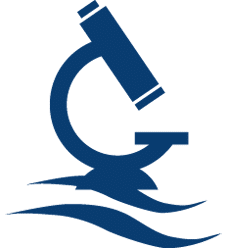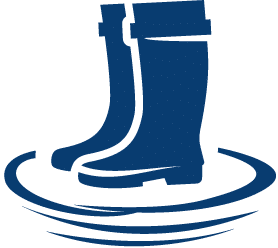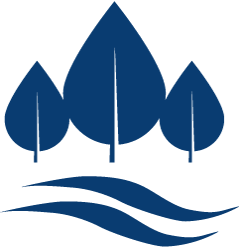Since 1967, Stroud Water Research Center has focused on one thing — fresh water.
We advance knowledge and stewardship of freshwater systems through global research, education, and watershed restoration.
What We Do
Support Our Work
Latest News

Development of a rapid assimilable organic carbon method for water

Rapid assessment approaches in benthic macroinvertebrate biomonitoring studies

Sources and biogeochemistry of terrestrial dissolved organic carbon entering streams

Cycles and spirals of nutrients
Featured Initiatives and Partnerships
WikiWatershed® web tools offer watershed data visualization, geospatial analysis capabilities, and science-based predictions of human impacts on stormwater runoff and water quality.
The Water Quality mobile app is a water-monitoring data-collection and learning tool designed for use by educators and their students, citizen scientists, and researchers.
EnviroDIY™ is a community where members ask and answer questions and network within interest groups to develop do-it-yourself environmental science and monitoring devices.
The Society for Freshwater Science Taxonomic Certification Program ensures skilled persons are providing aquatic invertebrate identifications in North America.
The Leaf Pack Network® is an international network of teachers, students, and citizen monitors using a simple experiment to determine the health of their local streams.
The Consortium for Scientific Assistance to Watersheds provides free technical assistance to Pennsylvania-based watershed and conservation organizations.
Upcoming Events
Mapping MWEEs in Pennsylvania’s STEELS Standards
October 28, 9:00 AM – 3:30 PM EDTHealthy Streams through an Ecosystem Lens
November 12, 6:00 AM – 7:30 PM ESTExtraGive Celebration at Thistle Finch Distillery
November 22, 6:00 PM – 9:00 PM ESTWild & Scenic Film Festival
March 20, 2025, 6:00 PM – 9:00 PM EDT





